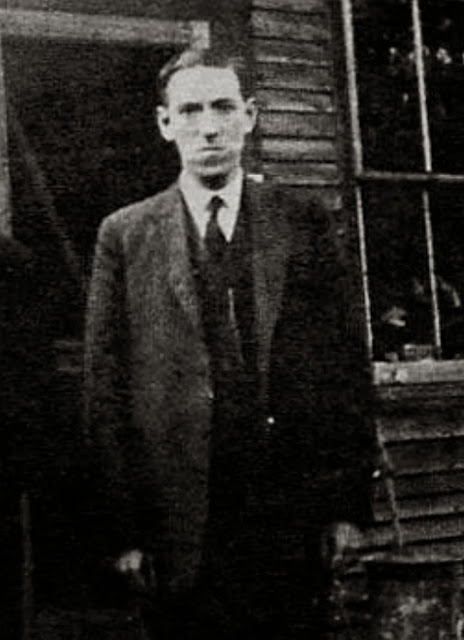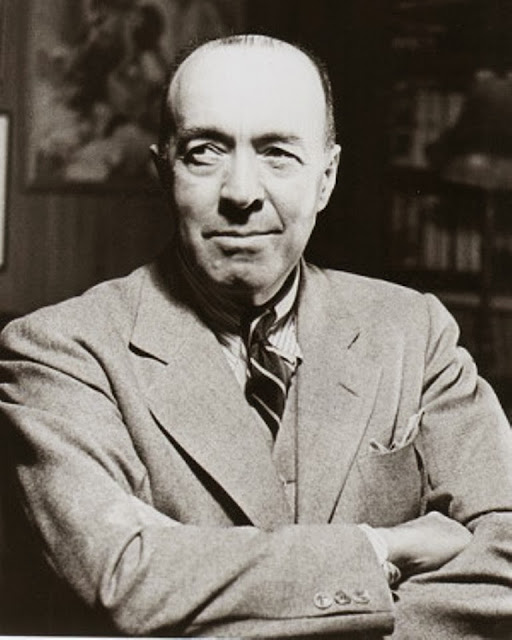'William, as you may know, was a curious, silent man; you could feel when he came near 'ee; and if he was in the house or anywhere behind your back without your seeing him, there seemed to be something clammy in the air, as if a cellar door was opened close by your elbow. Well, one Sunday, at a time that William was in very good health to all appearance, the bell that was ringing for church went very heavy all of a sudden; the sexton, who told me o't, said he'd not known the bell to go so heavy in his hand for years – and he feared it meant a death in the parish. That was on the Sunday, as I say. During the week after, it chanced that William's wife was staying up late one night to finish her ironing, she doing the washing for Mr. and Mrs. Hardcome. Her husband had finished his supper and gone to bed as usual some hour or two before. While she ironed she heard him coming down stairs; he stopped to put on his boots at the stair-foot, where he always left them, and then came on into the living-room where she was ironing, passing through it towards the door, this being the only way from the staircase to the outside of the house. No word was said on either side, William not being a man given to much speaking, and his wife being occupied with her work. He went out and closed the door behind him. As her husband had now and then gone out in this way at night before when unwell, or unable to sleep for want of a pipe, she took no particular notice, and continued at her ironing. This she finished shortly after, and as he had not come in she waited awhile for him putting away the irons and things, and preparing the table for his breakfast in the morning. Still he did not return, and supposing him not far off, and wanting to get to bed herself, tired as she was, she left the door unbarred and went to the stairs, after writing on the back of the door with chalk: Mind and do the door (because he was a forgetful man).
'To her great surprise, and I might say alarm, on reaching the foot of the stairs his boots were standing there as they always stood when he had gone to rest; going up to their chamber she found him in bed sleeping as sound as a rock. How he could have got back again without her seeing or hearing him was beyond her comprehension. It could only have been bypassing behind her very quietly while she was bumping with the iron. But this notion did not satisfy her: it was surely impossible that she should not have seen him come in through a room so small. She could not unravel the mystery, and felt very queer and uncomfortable about it. However, she would not disturb him to question him then, and went to bed herself.





























